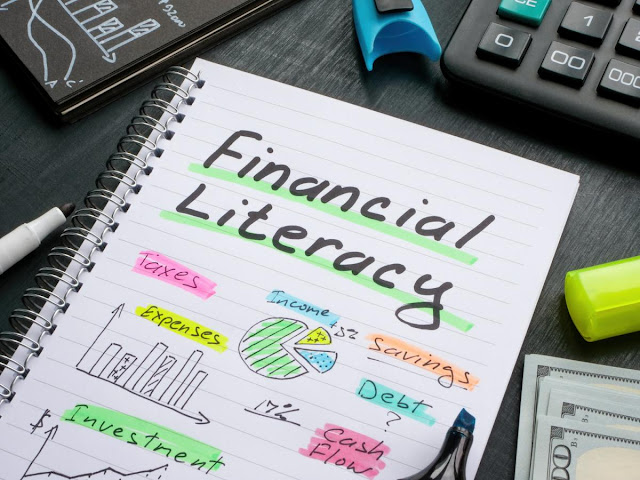In the fast-paced world of personal finance, the path to a secure financial future begins in your 20s. Countless tales of corporations, millionaires, and even billionaires losing everything due to excessive debt serve as cautionary tales. Debt, in itself, is not inherently evil, but it can become a quagmire if not handled with care. In this article, we'll explore strategies to navigate the turbulent waters of financial responsibility during your 20s.
Managing Your Credit Card Debt
It's all too easy to find yourself drowning in a sea of credit card debt if you're not vigilant about paying your bills promptly each month. Many young adults are tempted to overspend, often due to generous credit limits. To avoid financial woes, one must ensure timely payments that cover both the principal amount and the associated interest, without accumulating additional debt through multiple cards. Planning to pay only the minimum balance each month can lead to long-term financial troubles, thanks to the high interest rates associated with credit cards. Before obtaining a credit card, young adults must rigorously test their financial discipline.
Prioritize Your Education Loan Commitment
The exhilaration of receiving your first salary can be an overwhelming temptation, but it's essential to prioritize your education loan commitment above all other expenses. Education is an investment in your future, and meeting your loan obligations should be a top financial priority.
Building an Emergency Fund
As soon as you receive your first paycheck, it's wise to establish an emergency fund. This financial safety net can be a lifeline in case of a medical emergency, job loss, or urgent bill payments. Ideally, your emergency fund should cover at least six months of living expenses. Setting aside a portion of your income each month into a surplus cash contingency account is a proactive step that can protect you from resorting to high-interest quick loans.
The Importance of Saving
While saving money might not be the immediate instinct of many young adults, it's crucial to understand that these savings will have a significant impact in the long run. The key lies in finding the right balance between your actual income and essential spending requirements. Strive to live within your means and set aside a portion of your income for your future self. Beginning with as little as 10% of your income is a great start. Over time, as the habit of saving takes root, consider extending it to other areas of your life.
Conclusion
In a world brimming with financial pitfalls, safeguarding your financial well-being in your 20s is vital. Managing credit card debt, prioritizing education loans, building an emergency fund, and cultivating the habit of saving are cornerstones of financial success. Your financial future starts today; make the right choices and secure a prosperous tomorrow.
Frequently Asked Questions (FAQs)
1. Why is it essential to prioritize education loan payments in your 20s?
Prioritizing education loan payments ensures you invest in your future and build a strong financial foundation.
2. What is the significance of having an emergency fund?
An emergency fund acts as a financial safety net, helping you navigate unexpected expenses without resorting to high-interest loans.
3. How much should I save from my income in my 20s?
It's a good practice to start with at least 10% of your income and gradually increase your savings as your financial discipline strengthens.
4. What are the risks of only paying the minimum balance on credit cards?
Paying only the minimum balance can lead to long-term financial trouble due to the high interest rates associated with credit cards.
5. How can I ensure a financially secure future?
By managing debt wisely, prioritizing education loans, building an emergency fund, and cultivating a savings habit, you can pave the way for a prosperous financial future.















0 Comments